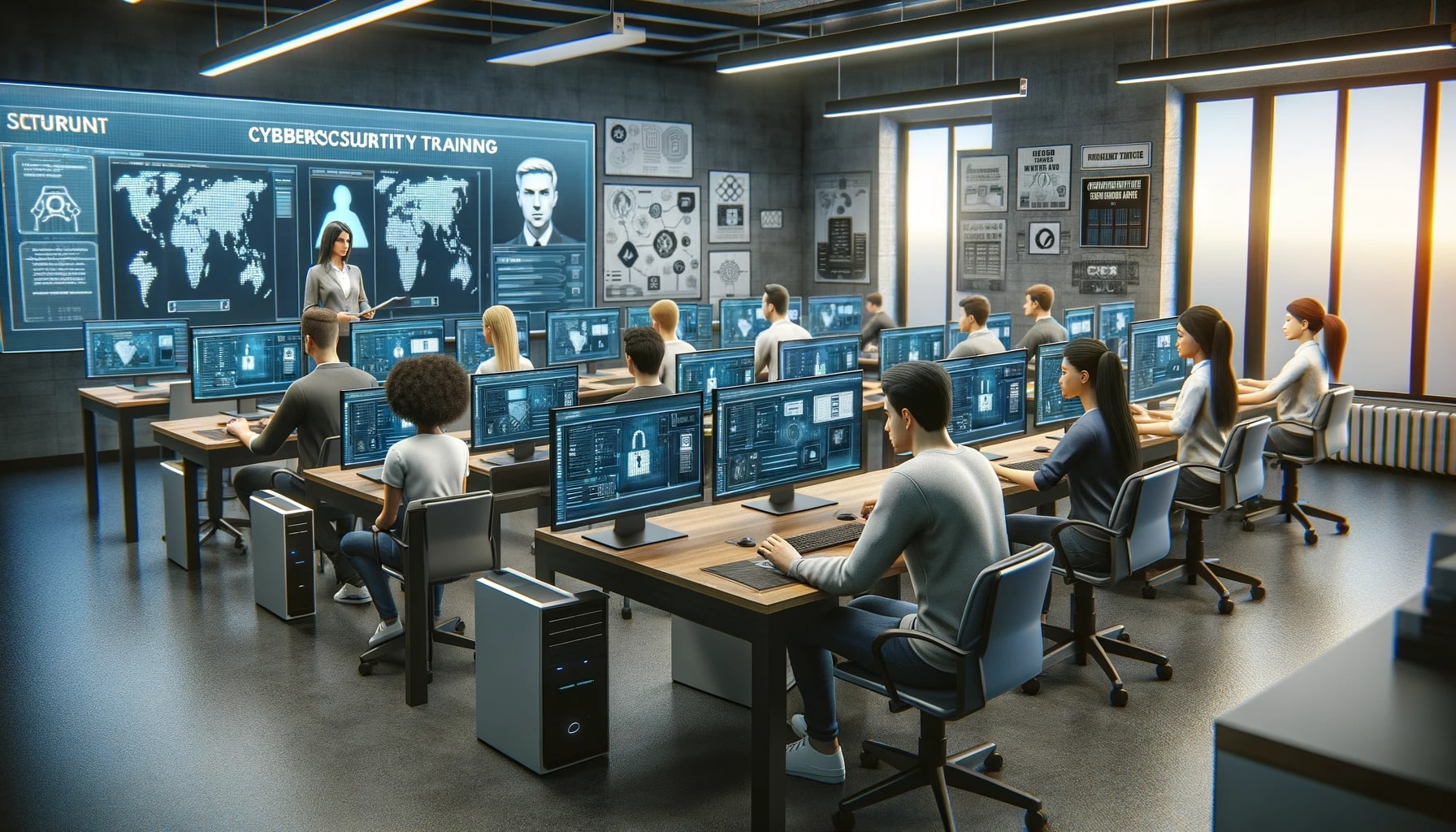In the highly competitive world of enterprise software, the clash between Splunk and Cribl has escalated into a full-blown legal dispute that has captured the attention of the tech industry. At the heart of the contention is the alleged misuse of intellectual property and the infringement of enterprise license agreements by Cribl, a company led by a former Splunk executive, Clint Sharp. This high-profile case not only raises questions about the ethical use of copyrighted materials but also points to the broader implications for software licensing practices and competitive conduct among industry heavyweights.
Background of the Dispute
The legal skirmish initiated by Splunk against Cribl has been simmering since October 2022 and recently intensified. Splunk, now under Cisco’s umbrella, claims that Cribl has unlawfully appropriated its source code and confidential materials, leveraging them in contravention of license terms. The revelations of Cribl’s repeated downloads of Splunk’s trial software, despite holding a corporate license, have cast a shadow over Cribl’s purported compliance with the ‘Internal Business Purposes’ clause of their agreement. Cribl’s CEO disputes these allegations, declaring them baseless and asserting that the contested intellectual property was previously made available by Splunk under an open-source license.
Broader Industry Implications
The unfolding legal drama between Splunk and Cribl is not an isolated event. Legal challenges in the tech space have a history of shaping industry standards and practices. In the past, similar disputes have set precedents that affect how software companies operate and compete. The outcome of this trial, therefore, holds significant weight, potentially influencing the future of software licensing agreements and the protection of intellectual property rights in the tech sector at large.
Comparatively, in a similar vein, Forbes’s article “The Increasing Importance Of Protecting Intellectual Property In The Tech Industry” underscores the growing need for companies to safeguard their innovations in a landscape fraught with competitive pressures. Moreover, “The Battle Over Software Licensing: What Companies Need to Know” from The Wall Street Journal details the complexities and challenges businesses face in navigating software licensing agreements, which is particularly relevant to the current Splunk-Cribl dispute. These readings provide context and underline the gravity of this legal contention in shaping industry norms.
Core Legal Arguments
As the trial approaches, Splunk maintains a firm stance on the protection of its proprietary technology and adherence to licensing terms. The company’s legal team is prepared to argue that Cribl’s actions are not only a breach of contract but also a violation of Splunk’s copyrights and patents. Conversely, Cribl continues to defend its position, asserting the use of publicly available code and challenging the legitimacy of Splunk’s accusations.
Useful Information for the Reader
- The case emphasizes the importance of clear software licensing terms.
- Precedents set by this trial could impact enterprise software usage policies.
- Understanding open-source licenses is crucial for software development and use.
The Splunk-Cribl lawsuit transcends a mere legal altercation between two companies; it’s a pivotal moment that could redefine boundaries within the technology sector. As the trial looms, its verdict is poised to echo through the corridors of the tech industry, potentially reshaping how companies protect their intellectual property and engage in competitive practices. For any organization involved in software development or utilization, this case serves as a keen reminder of the criticality of comprehending and adhering to software licensing agreements, as well as the strategic management of intellectual property in a landscape where innovation is both an asset and a battleground.










